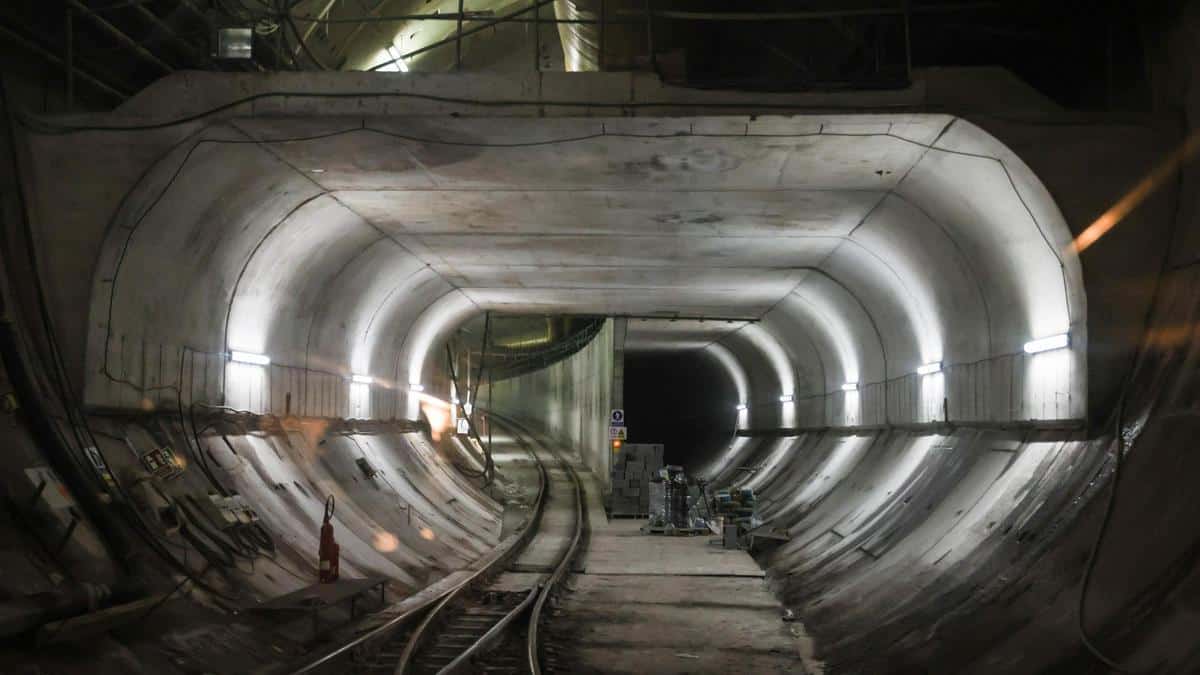Barcelona is preparing to welcome its longest and fastest metro line to date. With the completion of works on lines L9 and L10, Barcelona will have a subway infrastructure that will not only be the most extensive in the city, but also promises to revolutionize the way citizens move around the city.
Line L9 will be the backbone of Barcelona’s public transport system, covering almost 50 kilometers in length once the works are completed.
This route not only makes it the longest metro line in the city, but also positions it as the longest of its kind in Europe.
With a total of 50 stations planned, including 17 strategically located interchanges, L9 and L10 are shaping up to be a comprehensive transport network that will connect various areas of Barcelona and surrounding municipalities.
This extension of the metro system will not only facilitate the movement of citizens, but will also contribute to decongesting other lines and means of transport.
Impact on urban mobility with longer subway line
The inauguration of lines L9 and L10 will bring a number of tangible benefits to the people of Barcelona. The expansion of the metro system will reduce travel times and improve accessibility to previously poorly connected areas.
In addition, the new infrastructure is expected to help alleviate pressure on urban traffic and promote a more sustainable and efficient mode of transportation.
However, it is not all good news. The construction works have caused inconveniences and disruptions to road traffic, such as the closure of Mandri Street for more than a year.
Although these drawbacks are temporary, they highlight the logistical and planning challenges associated with projects of this size.
Innovation and technological advances
The L9 and L10 line not only stands out for its extension, but also for its technological innovation. The implementation of an automatic driving system and the design of overlapping tracks are some of the features that make it a pioneering work in Spain.
These advances will not only improve the metro’s operational efficiency, but also provide a safer and more comfortable travel experience for users.
Despite the progress made, the L9 and L10 project has faced numerous obstacles and delays throughout its development. The inauguration date, initially scheduled for 2007, has been postponed several times due to technical and logistical complications.
Although the line is expected to be operational in 2027, the accumulation of delays underscores the importance of rigorous planning and efficient execution in projects of this magnitude.

